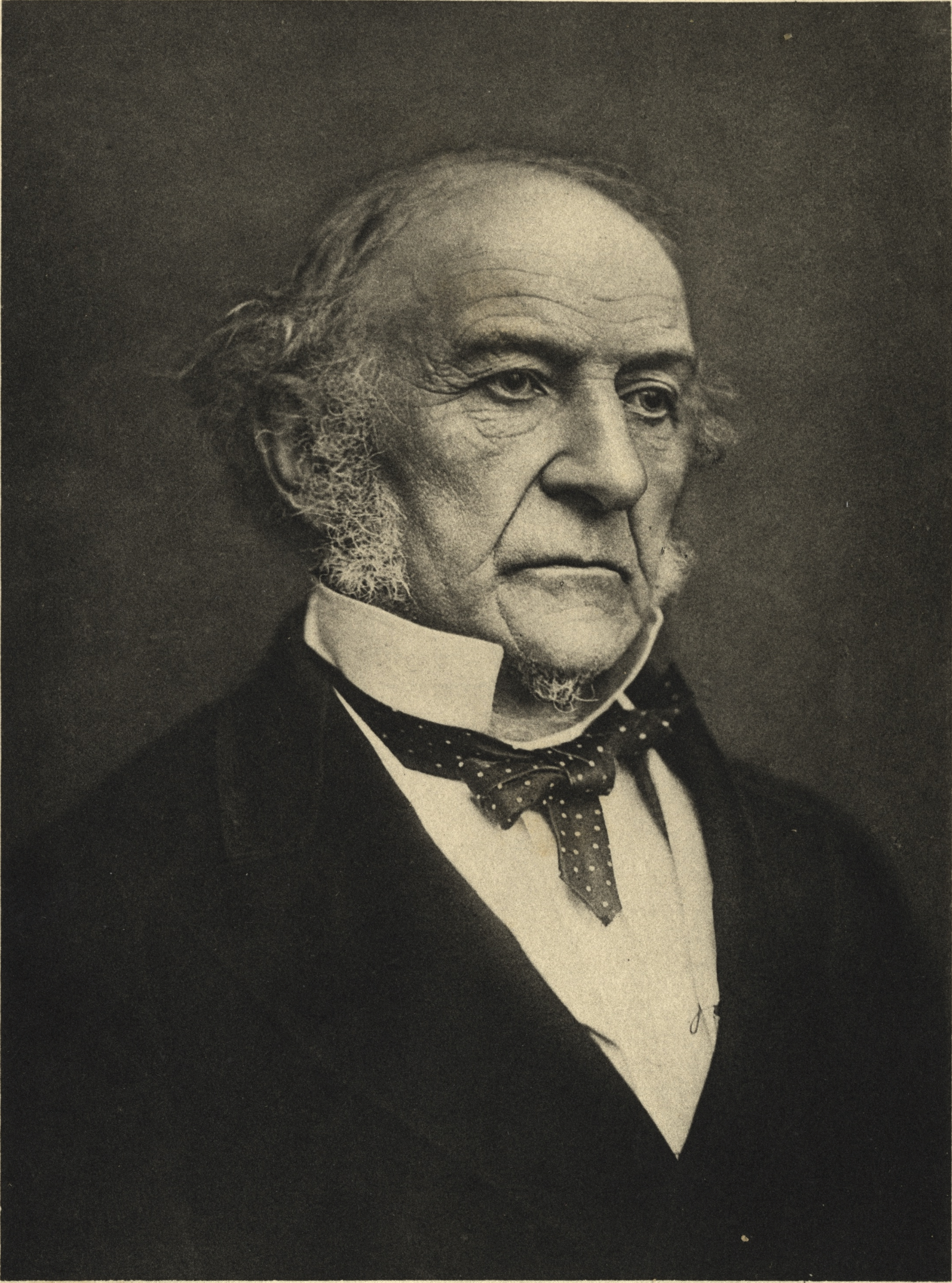Speech in Hastings (17 March 1891), quoted in A. W. Hutton and H. J. Cohen (eds.), The Speeches of The Right Hon. W. E. Gladstone on Home Rule, Criminal Law, Welsh and Irish Nationality, National Debt and the Queen's Reign. 1888–1891 (London: Methuen, 1902), p. 343.
1890s
William Ewart Gladstone: Frases em inglês
Speech at the opening of the Palmerston Club, Oxford (December 1878) as quoted in "Gladstone's Conundrums; The Statesman Answers Sundry Interesting Questions" in The New York Times (9 February 1879) http://query.nytimes.com/gst/abstract.html?res=9C03E4DB123EE73BBC4153DFB4668382669FDE
1870s
Speech in the House of Commons (16 April 1863), quoted in The Life of William Ewart Gladstone. Volume II (1903) by John Morley, p. 62
1860s
Speech in Newcastle (2 October 1891), quoted in A. W. Hutton and H. J. Cohen (eds.), The Speeches of The Right Hon. W. E. Gladstone on Home Rule, Criminal Law, Welsh and Irish Nationality, National Debt and the Queen's Reign. 1888–1891 (London: Methuen, 1902), pp. 383-384, 386.
1890s
Speech to the Eisteddfod in Wrexham (8 September 1888), quoted in A. W. Hutton and H. J. Cohen (eds.), The Speeches of The Right Hon. W. E. Gladstone on Home Rule, Criminal Law, Welsh and Irish Nationality, National Debt and the Queen's Reign. 1888–1891 (London: Methuen, 1902), p. 61.
1880s
Speech https://api.parliament.uk/historic-hansard/commons/1855/may/24/prosecution-of-the-war in the House of Commons (24 May 1855) on the Crimean War.
1850s
Address to the electors of Midlothian, Daily Review (3 May 1886), quoted in The Times (4 May 1886), p. 5.
1880s
'Early Parliamentary Life 1832–52. 1833–4 in the old House of Commons' (3 June 1897), quoted in John Brooke and Mary Sorensen (eds.), The Prime Minister's Papers: W. E. Gladstone. I: Autobiographica (London: Her Majesty's Stationery Office, 1971), p. 55.
1890s
Speech, Plumstead (30 November 1878)
1870s
Speech in Edinburgh (29 November 1879), quoted in Gladstone as Financier and Economist (1931) by F. W. Hirst, p. 243
1870s
Speech at Liverpool (18 July 1865), quoted in The Times (19 July 1865), p. 11.
1860s
Speech to the Eisteddfod in Wrexham (8 September 1888), quoted in A. W. Hutton and H. J. Cohen (eds.), The Speeches of The Right Hon. W. E. Gladstone on Home Rule, Criminal Law, Welsh and Irish Nationality, National Debt and the Queen's Reign. 1888–1891 (London: Methuen, 1902), p. 56.
1880s
Speech https://api.parliament.uk/historic-hansard/commons/1857/mar/03/resolution-moved-resumed-debate-fourth in the House of Commons (3 March 1857) against the Second Opium War.
1850s
Letter to Richard Cobden (5 January 1864), quoted in The Life of William Ewart Gladstone Volume II (1903) by John Morley, p. 62
1860s
Speech in Edinburgh (25 November 1879), quoted in W. E. Gladstone, Midlothian Speeches 1879 (Leicester University Press, 1971), p. 46.
1870s
Speech in Liverpool (28 June 1886), quoted in The Times (29 June 1886), p. 11.
1880s
Speech https://api.parliament.uk/historic-hansard/commons/1840/apr/08/war-with-china-adjourned-debate#column_819 in the House of Commons (8 April 1840) against the First Opium War.
1840s
Speech in Newcastle (2 October 1891), quoted in A. W. Hutton and H. J. Cohen (eds.), The Speeches of The Right Hon. W. E. Gladstone on Home Rule, Criminal Law, Welsh and Irish Nationality, National Debt and the Queen's Reign. 1888–1891 (London: Methuen, 1902), p. 377.
1890s
Speech in West Calder, Scotland (27 November 1879), quoted in W. E. Gladstone, Midlothian Speeches 1879 (Leicester University Press, 1971), pp. 115-116.
1870s
Speech in West Calder, Scotland (27 November 1879), quoted in W. E. Gladstone, Midlothian Speeches 1879 (Leicester University Press, 1971), p. 123.
1870s
'My Earlier Political Opinions. (II) The Extrication' (16 July 1892), quoted in John Brooke and Mary Sorensen (eds.), The Prime Minister's Papers: W. E. Gladstone. I: Autobiographica (London: Her Majesty's Stationery Office, 1971), p. 40.
1890s
Letter quoted in Mr. Gladstone and The Balkan Confederation in The Times (6 February 1897)
1890s
Speech https://api.parliament.uk/historic-hansard/commons/1886/jan/21/first-eight in the House of Commons (21 January 1886).
1880s
Speech https://api.parliament.uk/historic-hansard/commons/1886/jun/07/second-reading-adjourned-debate in the House of Commons (7 June 1886) introducing the Home Rule Bill
1880s
Speech in Edinburgh (30 June 1892), quoted in The Times (1 July 1892), p. 12.
1890s
Letter to F. W. Hirst on being unable to write a preface to Essays in Liberalism by "Six Oxford Men" (2 January 1897), as quoted In the Golden Days (1947) by F. W. Hirst, p. 158
1890s
Speech at Pathhead, Scotland (23 March 1880), quoted in Political Speeches in Scotland, March and April 1880 (Edinburgh: Andrew Elliot, 1880), p. 268.
1880s
Speech to the annual meeting of the depositors in the provident savings banks connected with the South-Eastern and Metropolitan Railway Companies in the City Terminus Hotel (18 June 1890), quoted in The Times (19 June 1890), p. 6.
1890s
Speech in the assembly-rooms at Wavertree (14 November 1868), quoted in The Times (16 November 1868), p. 5
1860s
Speech https://api.parliament.uk/historic-hansard/commons/1884/feb/28/motion-for-leave in the House of Commons (28 February 1884) during a debate on the Representation of the People Bill.
1880s
